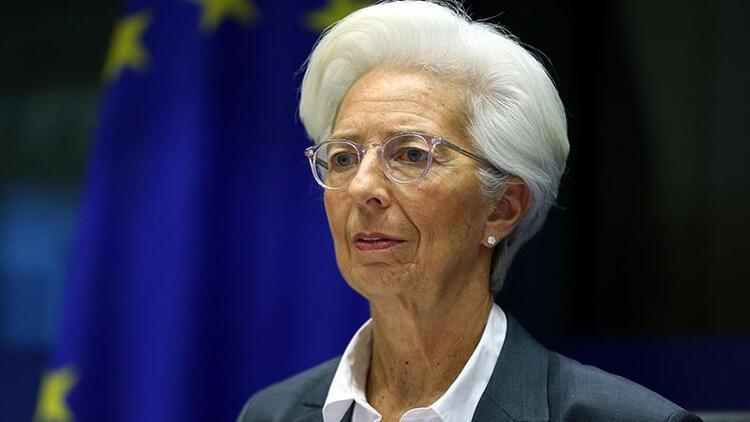
The forces pushing inflation in the eurozone to record highs in recent months are expected to ease over the course of 2022, European Central Bank President Christine Lagarde said on on Jan. 14.
“We expect the drivers of inflation to ease over the course of this year,” Lagarde told European parliamentarians in a speech at the French senate.
Eurozone inflation reached an all-time peak in December at 5 percent, driven by soaring prices for energy.
“We will take any measures necessary to ensure that we deliver on our inflation target of two-percent over the medium term,” Lagarde said, reiterating comments made after the last meeting of the ECB’s governing council in December.
In the meeting, policymakers agreed a “step-by-step” reduction in the size of the bank’s bond-buying program, as it seeks to take inflation off the boil.
The massive asset-purchase programme has been the Frankfurt-based institution’s main crisis-fighting tool, aimed at keeping borrowing costs low to stoke economic growth.
“The rapid reopening of the economy has led to steep rises in the prices of fuel, gas and electricity,” Lagarde, a former French finance minister, said in her speech in Paris.
Pressure on energy prices has been supplemented by geopolitical tensions surrounding Russia, which supplies one third of Europe’s gas.
“We understand that rising prices are a concern for many people, and we take that concern very seriously,” added Lagarde.
The ECB said in its December forecasts that inflation is expected to soar past 3 percent in 2022 before falling back under the bank’s 2 percent target in 2023.
As European countries seek to convert themselves to carbon-neutral economies, Lagarde highlighted the risk around the transition, saying that “if supply capacity cannot adjust quickly enough, the transition could be bumpy.”
One possible consequence was “greater volatility in energy prices, as bridge technologies like natural gas have to be used to fill gaps in energy production,” she said